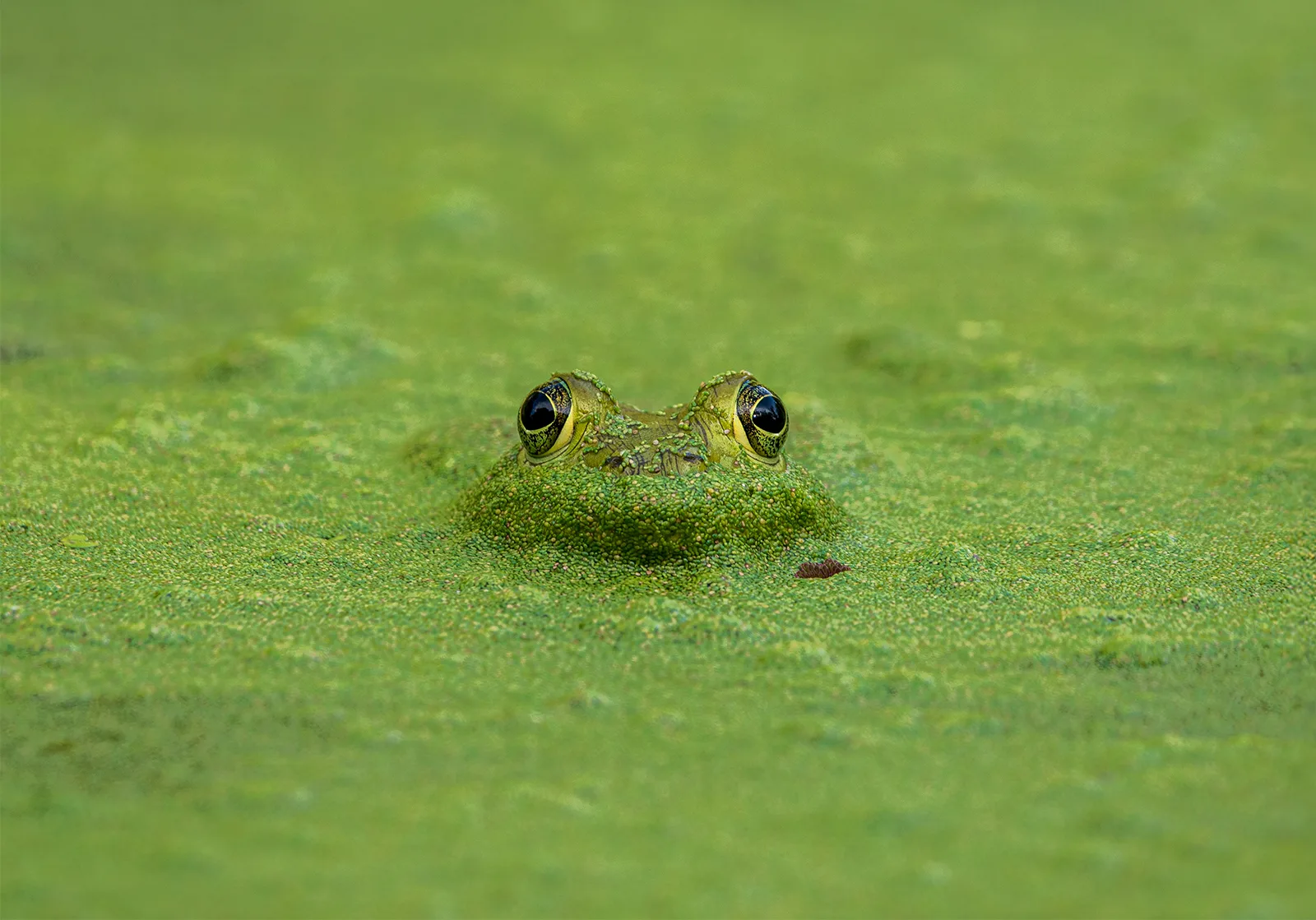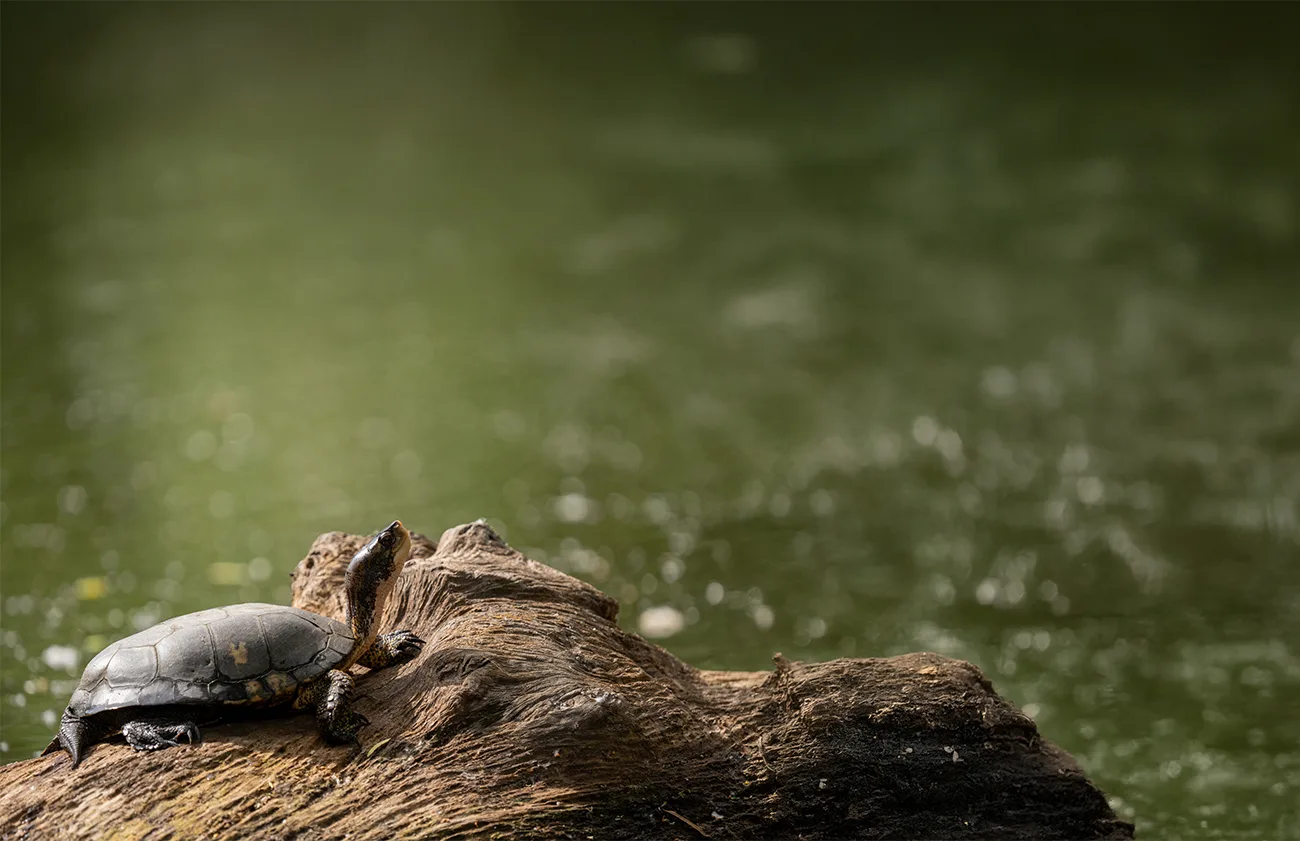The Columbia River Gorge Commission is the frontline defense against unregulated development, environmental degradation, and climate change threats across the 292,500-acre Columbia River Gorge National Scenic Area. It ensures that land-use planning, conservation efforts, climate resilience strategies, and rural community vitality initiatives remain at the heart of Gorge policy and consistent across all six counties. But after the Washington State House voted to defund the agency, its future was put in jeopardy.
On March 27, the Washington State House voted to strip all funding from the Gorge Commission. Because the Commission is jointly funded by Washington and Oregon under a bi-state compact, any funding reduction from one state triggers a matching reduction from the other. As a result, Washington’s decision represented an existential threat to the Commission. Without it, the Gorge could be left vulnerable to residential sprawl and intensive commercial and industrial development, transforming the Gorge’s rural towns into hubs for short-sighted, profit-driven expansion.
Friends responded by leading an advocacy campaign to reverse Washington’s decision. Our Advocacy & Conservation team—Renée Tkach and Madison Kenney—engaged legislators in Olympia, submitted written testimony, and built a coalition of other conservation groups and community allies. They also worked with our communications team to launch a public campaign urging our supporters to take action by submitting letters to their elected officials in Olympia. The response has been staggering and inspiring. Nearly 1,300 people flooded legislators’ inboxes with a clear message: the Gorge is not up for grabs.
The situation escalated when, on April 8, Commissioners from Skamania County, Washington, and Wasco County, Oregon, sent letters to lawmakers in both states (including both governors) complaining about Friends working to restore funding to the Commission. Skamania County even sent a letter to Brooke Rollins, the U.S. Secretary of Agriculture, claiming that the Gorge Commission was acquiring land in the National Scenic Area and “eroding [the county’s] tax base.” This claim is demonstrably false, as the Commission does not—and never has—acquired land. Either the Skamania County Commissioners were deliberately misleading the public, or they simply don’t understand the very agency they’re attacking.
We’re thrilled to report that, thanks to a groundswell of public support across Washington and lobbying from Friends, the Washington State House and Senate reached an agreement to fund the Gorge Commission for the 2025–27 biennium. Amid a statewide budget crisis, nearly all agencies faced reductions, and the Commission was no exception. While it requested $2.2 million from Washington, the final allocation came in at $1.6 million. Because Oregon is required to match Washington’s contribution, the Commission’s total budget for the biennium will be $3.2 million—down from the $4.4 million originally requested. While this funding level may result in staff reductions at the Commission, it still represents a major victory for Friends, for our supporters who joined the grassroots effort, and for all who believe in the long-term protection of the Columbia River Gorge.
This campaign was a powerful reminder that when our community speaks up, decision-makers listen. Thanks to all of you who raised your voices, the Gorge Commission will continue to lead efforts to protect and manage the Columbia River Gorge National Scenic Area.
Additional Reading on Gorge Commission Funding
- The Columbian: Columbia River Gorge Commission sees most funding restored
- Columbia Insight: Defunding the Gorge: Washington budget battle threatens National Scenic Area
- The Oregonian: Commission that regulates development in Columbia River Gorge faces uncertain future
- KOIN: Friends of the Columbia Gorge fear the scenic area won’t receive funding from Washington
- OPB: Columbia River Gorge Commission officials hope Washington legislature restores funding before session ends
Other Key Legislative Priorities in Oregon
Recreational Immunity: Oregon’s recreational immunity law protects public and private landowners who open their property for recreational use from liability claims if someone is injured. A temporary law providing this immunity is set to expire in 2026. Without a permanent solution, landowners—including conservation organizations like Friends—may be forced to limit public access to protected lands. Securing a strong recreational immunity law is essential to keeping our land trust properties open to the public.
Standing Up to Factory Farms: Though there are no factory farms within the Columbia River Gorge National Scenic Area, large-scale confined animal feeding operations (CAFOs) in eastern Oregon’s Lower Umatilla Basin are impacting air and water quality in the region. These massive farms release pollutants like sulfur dioxide, nitrogen oxides, and ammonia, which contribute to air pollution and haze in the Gorge.
Friends is part of the Stand Up to Factory Farms coalition, which advocated for a moratorium on new or expanding CAFOs in designated Groundwater Management Areas during this legislative session. Unfortunately, SB 80, the Stand Up to Factory Farms bill, did not make it out of committee this session, and the bill is now dead. However, Friends remains deeply committed to this issue and will continue to work toward stronger protections during the next legislative session in 2026.
Protecting Rural and State Lands: Beyond our primary priorities, Friends has also been carefully tracking and weighing in on numerous other land-use bills that could threaten rural landscapes, farmland, forestland, and state-owned lands across Oregon and Washington. These bills, if passed, could set dangerous precedents for sprawl, undermine conservation efforts, and weaken protections that are critical for maintaining the natural character and sustainability of our rural communities. Our advocacy team remains vigilant, ensuring that the Gorge’s values of stewardship and smart growth are upheld in every piece of legislation that moves through both statehouses.
As the legislative sessions in Oregon and Washington continue, Friends will remain vigilant, advocating for policies that protect this special place. But we can’t do it alone. Public engagement is key to shaping policy decisions. By staying informed, reaching out to lawmakers, and supporting conservation efforts, you can play a role in ensuring the Columbia Gorge remains protected. To stay updated on how you can help, sign up to receive our Action Alerts here. Together, we can make a lasting impact.




